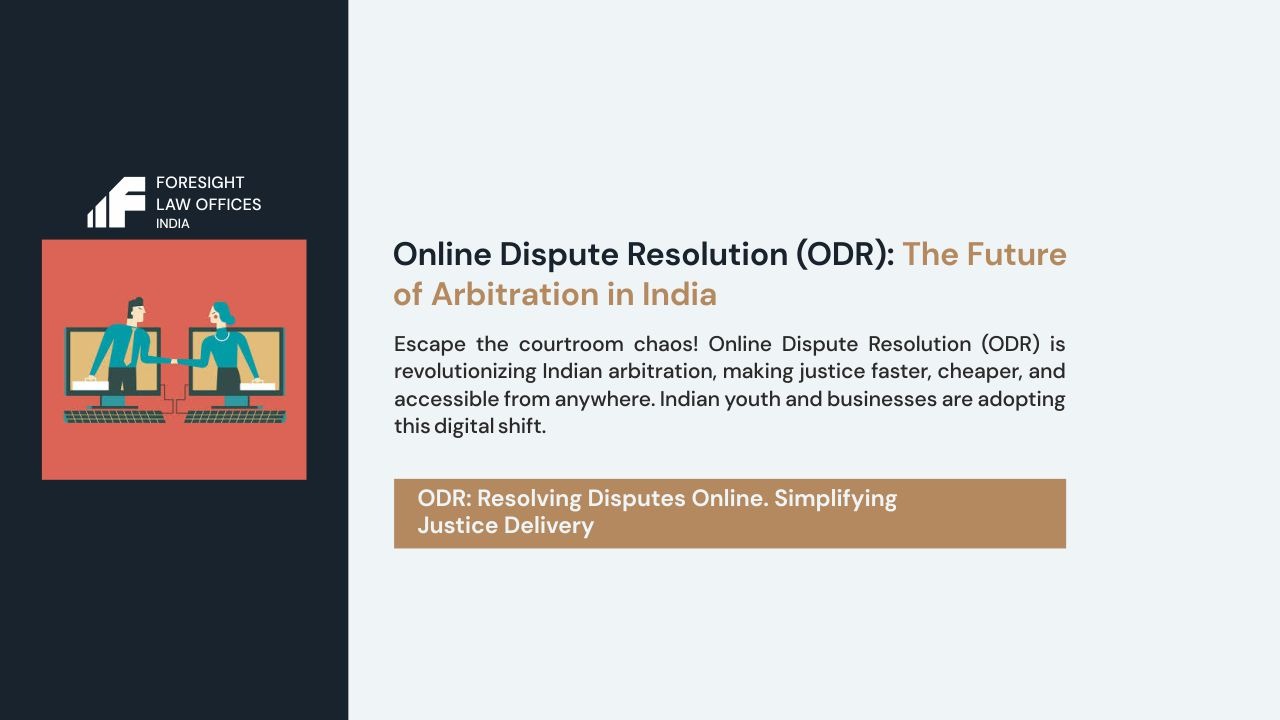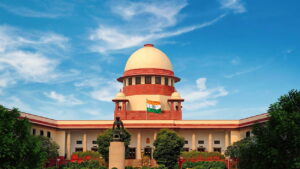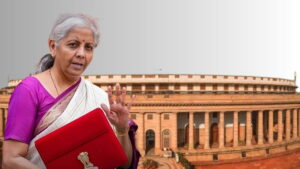The legal landscape is constantly evolving, and with the advent of technology, new avenues for justice are emerging. One such transformative development is Online Dispute Resolution (ODR), a process that promises to reshape the future of arbitration in India. For individuals and businesses alike, understanding ODR is no longer a luxury but a necessity, especially when considering the efficiency and accessibility it offers compared to traditional methods.
The Dawn of Digital Justice: What is ODR?
At its core, Online Dispute Resolution refers to the use of technology to facilitate the resolution of disputes. This can encompass a wide range of methods, from simple online negotiations and mediations to more formal processes like online arbitration. The beauty of ODR lies in its ability to transcend geographical barriers and offer a more streamlined, cost-effective, and often quicker alternative to traditional court proceedings or even conventional arbitration.
Think of it as bringing the entire dispute resolution process, from filing initial claims to presenting evidence and receiving decisions – into a secure online environment. This is particularly relevant in a country as diverse and geographically vast as India, where access to justice can sometimes be hindered by distance and logistical challenges.
The Evolution of Arbitration: Why ODR is the Next Logical Step
Arbitration, as a form of alternative dispute resolution (ADR), has long been favored for its flexibility, confidentiality, and the ability to choose arbitrators with specialized expertise. It provides a structured yet less formal avenue than litigation for resolving commercial disputes, contractual disagreements, and a host of other legal conflicts. However, even traditional arbitration, while efficient, can still be subject to delays, high costs associated with physical hearings, and the logistical complexities of bringing parties and evidence together in one location.
This is where ODR steps in as the natural evolution. By integrating technology into the arbitration process, ODR addresses many of these inherent challenges. It leverages video conferencing for hearings, secure online platforms for document exchange, and digital tools for case management, thereby revolutionizing how disputes are handled. For an arbitration lawyer in Delhi, or any arbitration lawyer in India, understanding and adapting to ODR is becoming increasingly crucial to effectively serve their clients.
Key Advantages of ODR in the Indian Context
The benefits of ODR for arbitration are multi-faceted, particularly when viewed through the lens of the Indian legal system:
- Enhanced Accessibility: ODR dramatically improves access to justice. Parties from different cities, or even different countries, can participate in arbitration proceedings without the need for extensive travel. This is a game-changer for individuals and businesses in remote areas or those dealing with cross-border disputes.
- Cost-Effectiveness: Reduced travel expenses, venue hire, and administrative overheads contribute significantly to lowering the overall cost of dispute resolution. This makes justice more affordable, especially for small and medium-sized enterprises (SMEs) that might otherwise be deterred by high legal costs.
- Increased Efficiency and Speed: Online platforms can streamline the procedural aspects of arbitration, from scheduling hearings to filing documents, leading to faster resolution times. This agility is a significant advantage in commercial disputes where time is often of essence.
- Flexibility and Convenience: ODR allows for greater flexibility in scheduling and participation. Hearings can be conducted at times convenient for all parties, accommodating different time zones and professional commitments.
- Confidentiality and Security: Reputable ODR platforms prioritize data security and confidentiality, mirroring the privacy assurances of traditional arbitration. Secure servers, encrypted communications, and restricted access ensure that sensitive information remains protected.
- Expert Arbitrators, Anywhere: ODR expands the pool of available arbitrators. Parties are no longer limited to arbitrators within a specific geographical area but can select specialists from across India, or even internationally, who possess the most relevant expertise for their dispute.
Legal Framework and Growing Acceptance in India
India has been actively moving towards embracing ODR. The e-courts project, various digital initiatives by the judiciary, and the push for online services have laid a strong foundation. While a standalone comprehensive ODR law is still evolving, the existing legal framework for arbitration, primarily the Arbitration and Conciliation Act, 1996, is broad enough to accommodate online proceedings. Courts have also shown an increasing willingness to recognize and enforce awards rendered through online arbitration.
Several institutions and private bodies are now offering ODR services, demonstrating the growing acceptance and demand for this method. This positive trajectory indicates a robust future for ODR as a mainstream dispute resolution mechanism. For an online dispute resolution law firm in India, this presents a significant opportunity to be at the forefront of this legal innovation.
Challenges and the Way Forward
While the future of ODR looks promising, there are challenges to address:
- Digital Divide: Ensuring equitable access to technology and internet connectivity across all sections of society remains a concern.
- Technological Literacy: Parties and even some legal professionals may require training to effectively navigate online platforms.
- Security Concerns: Continuous vigilance is needed to ensure the highest levels of cybersecurity against potential breaches.
- Enforcement of Awards: While generally recognized, ongoing clarity and consistency in the enforcement of online arbitration awards will further bolster confidence.
To overcome these challenges, continued collaboration between the government, judiciary, legal professionals, and technology providers is essential. Investment in digital infrastructure, awareness campaigns, and robust regulatory frameworks will pave the way for a more inclusive and effective ODR ecosystem.
The Role of the ODR Lawyer and Arbitration Lawyer
For legal professionals, the rise of ODR signifies a shift in practice. An arbitration lawyer in India, particularly those practicing in metropolitan areas like Delhi, Mumbai, Bangalore, and other cities which are growing to be business hubs, must now possess not only a deep understanding of substantive arbitration law but also proficiency in digital tools and online protocols. They need to advise clients on the suitability of ODR for their specific dispute, guide them through online procedures, and represent them effectively in virtual hearings.
Specialized ODR lawyers are emerging, focusing entirely on leveraging technology for dispute resolution. These lawyers will be instrumental in shaping the best practices for online arbitration, mediation, and negotiation, ensuring that the integrity and fairness of the process are maintained in a digital environment.
Embracing the Digital Transformation of Justice
Online Dispute Resolution is not just a temporary trend; it is the inevitable future of arbitration in India. It offers a powerful solution to the traditional bottlenecks of the legal system, promising a more accessible, affordable, and efficient pathway to justice. As technology continues to advance, ODR will only become more sophisticated and integrated into the fabric of legal practice.
For anyone involved in commercial dealings, for businesses, and for legal professionals, embracing ODR is no longer an option but a strategic imperative. The future of arbitration is digital, and India is well on its way to leading this transformative journey, ensuring that justice is not only served but also accessible to all, with the invaluable assistance of forward-thinking arbitration lawyers and online dispute resolution law firms.






